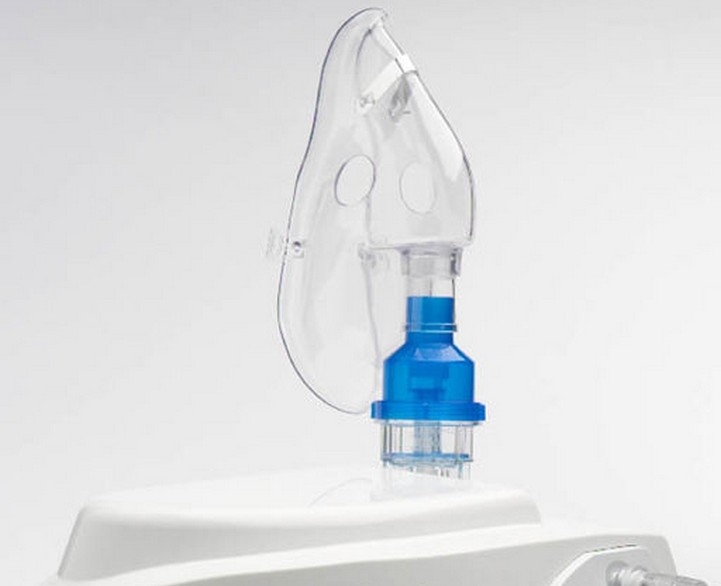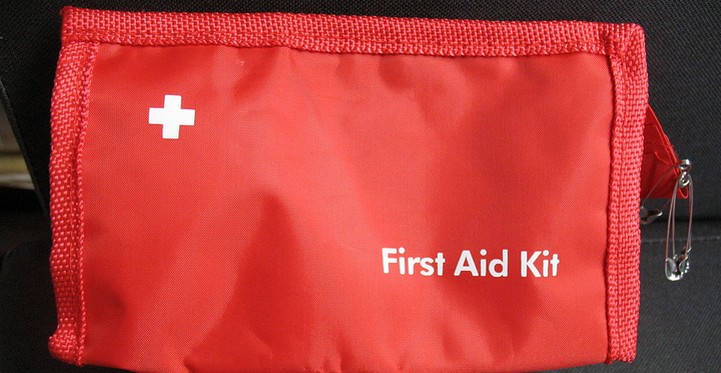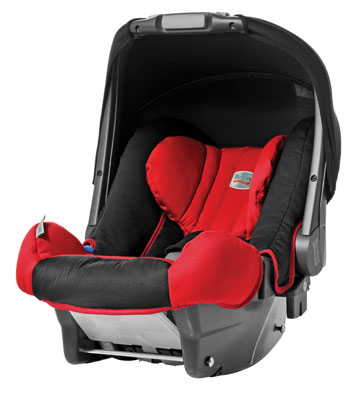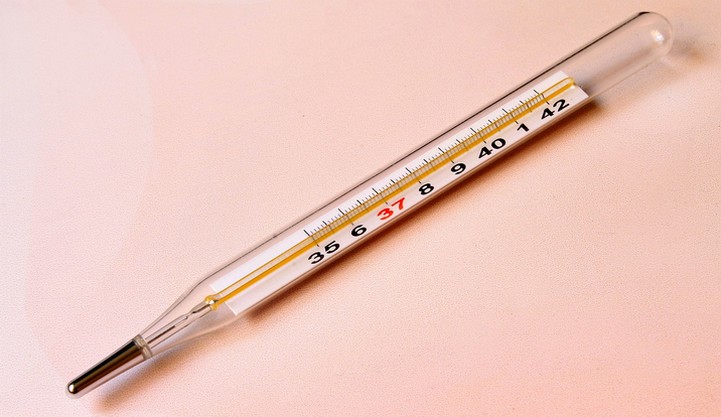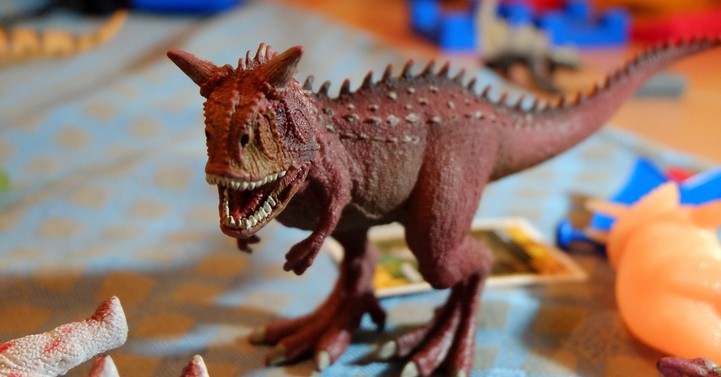
Toys are an important part of children’s learning in child care, but providers need to choose carefully to keep children safe. According to U.S. Consumer Product Safety Commission estimates, in one year, 150,000 toy-related injuries were serious enough to require hospital emergency room treatment. Falls are the most frequent kind of accident, but many serious injuries result from children swallowing small parts, placing tiny toys in noses or ears, and from cutting themselves on sharp edges. The following suggestions can …



